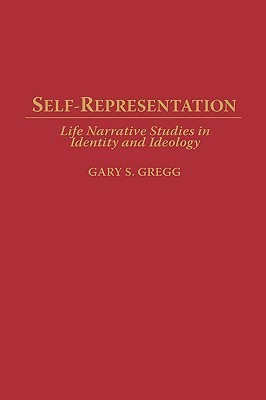Self-Representation - Life Narrative Studies in Identity and Ideology(English, Hardcover, Gregg Gary S.)
Quick Overview
Product Price Comparison
This innovative work offers a new approach to the study of self-representation, drawing on both the older study of lives tradition in personality psychology and recent work in narrative psychology. Gary S. Gregg presents a generative theory of self-representation, applying methods of symbolic analysis developed by cultural anthropologists to the texts of life-historical interviews. This model accounts for the continual shifting of identity among contradictory surface discourses about the self, as it shows how each discourse is defined as a reconfiguration of a stable cluster of deep structurally-ambigious elements. Gregg not only examines the nature of narrative, but also addresses more mainstream issues in cognitive science, such as: How is knowledge of the self and its social world represented? What are the elementary units of self-cognition? How are cognition and affect linked? After a brief introduction, the book raises critical questions about self-representation by presenting re-analyses of two famous case studies--Freud's Rat Man and Mack and Larry from The Authoritarian Personality--and initial observations from Gregg's fieldwork in Morocco. A theoretical chapter then introduces the notion of structured ambiguity, which enables a person to shift between identities by figure or ground-like reversals of key symbols and metaphors. Three original life-narrative analyses follow, which, with increasing complexity, develop the model via analogies to basic structures of tonal music. The work concludes with a theoretical chapter that reexamines the ideas of William James, George Herbert Mead, and Erik Erikson about the self's unity and multiplicity, and then summarizes a generative model. The book presents a compelling alternative to prevailing views of self-cognition and identity, and will be a valuable resource for courses in psychology, anthropology, and sociology, as well as an important tool for researchers and professionals in these fields.


